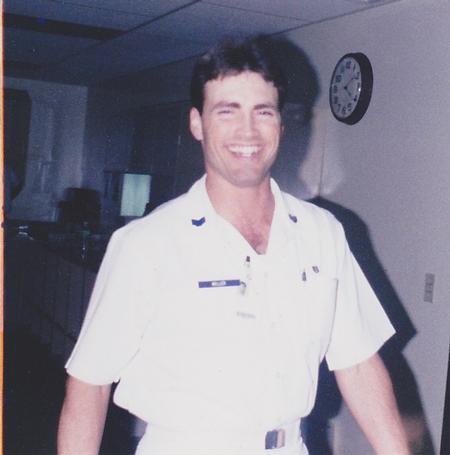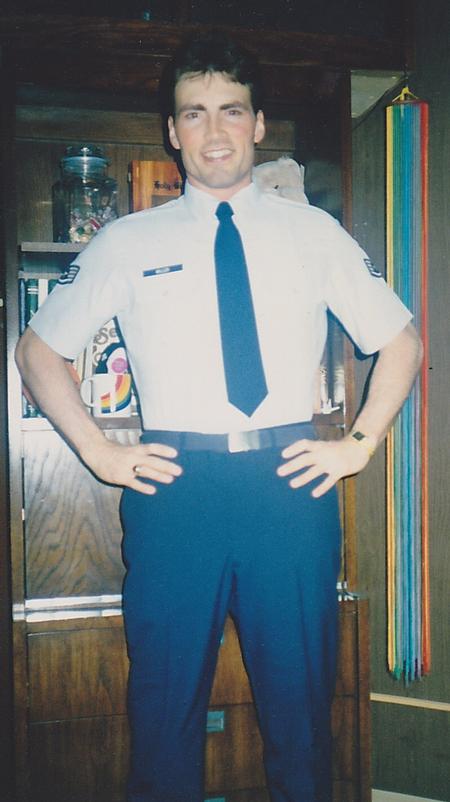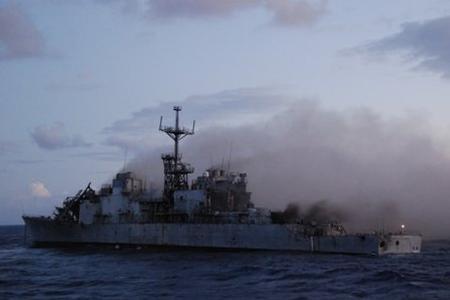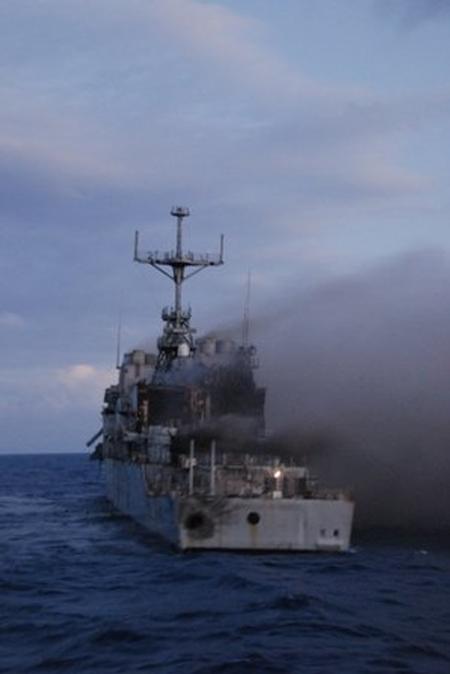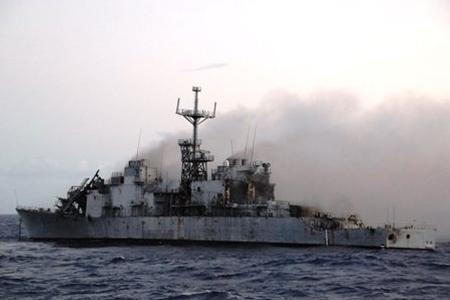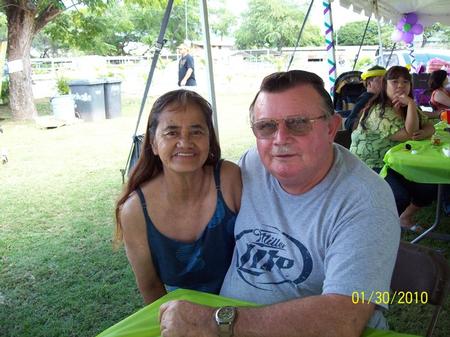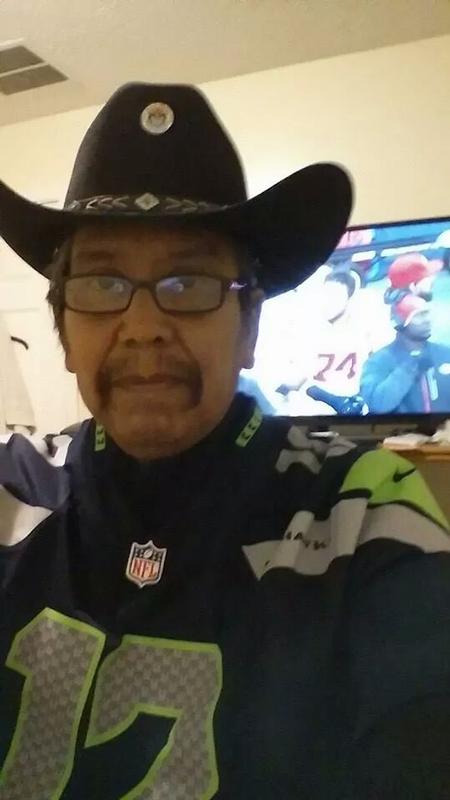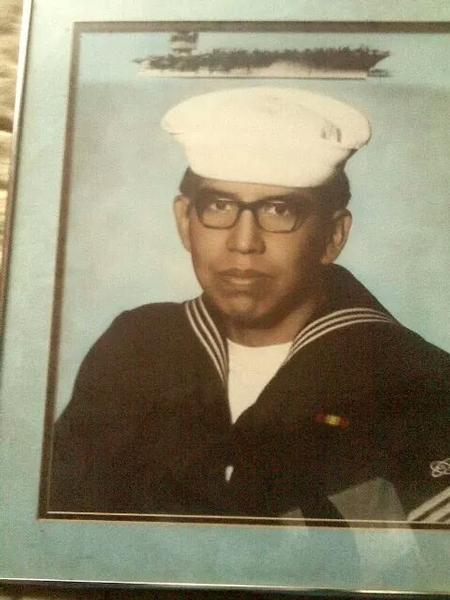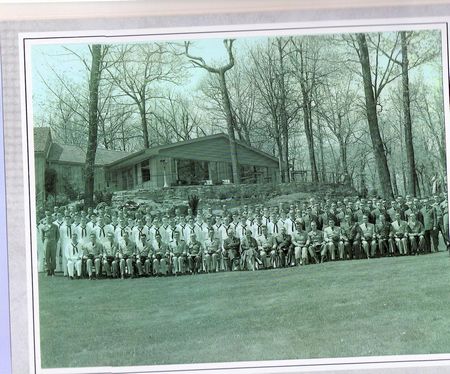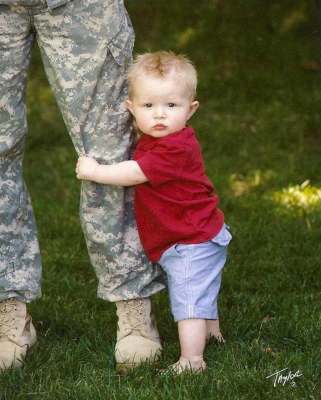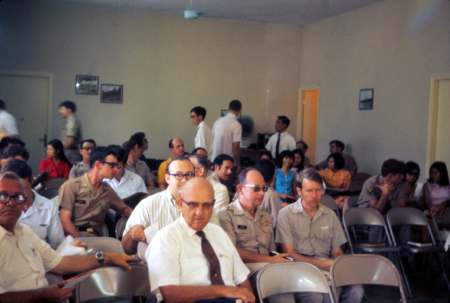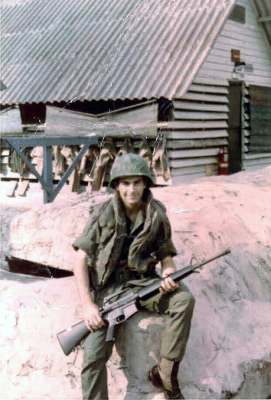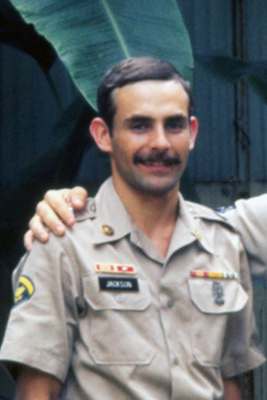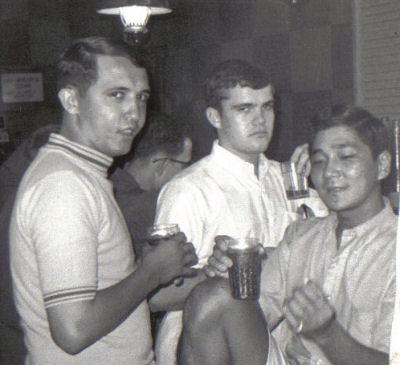ABOUT David Grant Medical Center, Travis AFB
- Origins in WWII: David Grant Medical Center (DGMC) traces its origins to World War II, when Travis Air Force Base served as a key air logistics hub supporting the Pacific Theater.
- Namesake: The hospital was named in honor of Major General (Dr.) David Norvell Walker Grant, the first Surgeon General of the U.S. Army Air Forces and a pioneer in military aviation medicine.
- Largest Air Force Medical Center on the West Coast: DGMC is the largest medical center in the U.S. Air Force west of the Mississippi River, providing care to thousands of service members, veterans, and their families.
- Innovative Partnership: DGMC partners with the Department of Veterans Affairs in the VA Northern California Health Care System, jointly operating portions of the hospital to serve both active duty and veteran populations.
- Critical Aeromedical Evacuation Hub: During conflicts such as the Vietnam War, Desert Storm, and Operation Enduring Freedom, DGMC was a primary receiving point for wounded personnel evacuated from the Pacific and Middle Eastern theaters.
- State-of-the-Art Facility: The current DGMC hospital building was opened in 1988, featuring more than 808,000 square feet and 116 beds, with advanced surgical, trauma, and intensive care capabilities.
- Disaster Response: DGMC has played a critical role in regional disaster response, including mass casualty incidents and supporting the Northern California community during wildfires and crises.
- Teaching and Research: The center is a training site for military medical residents and fellows, and is affiliated with the Uniformed Services University of the Health Sciences, contributing to military medical research and education.
- First in Many Medical Advances: DGMC was among the first military hospitals to implement telemedicine, electronic medical records, and advanced trauma care protocols in the Air Force medical system.
- Distinguished Humanitarian Service: The staff of DGMC have received numerous awards for humanitarian missions, including treating refugees and disaster victims, both in the U.S. and around the world.






